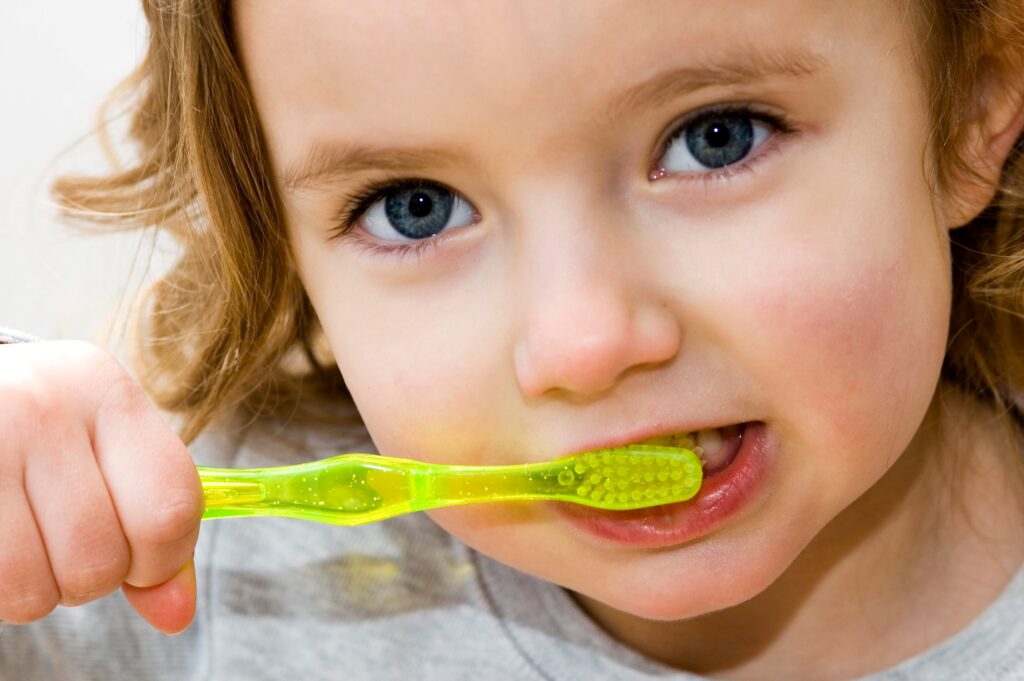
Keeping your gums healthy can feel incredibly difficult, and in order for you to do that, you need to know the signs of unhealthy gums. Untreated gum disease can lead to inflamed gums and loss of teeth, which can create much more significant problems. It is essential that you know the signs in order to protect yourself.
This untreated gum disease can turn into a much more significant gum infection, periodontitis. If you believe you have periodontitis and want to keep your gums healthy, knowing what it is and how to protect yourself from it is important. Our team at Mills River Family Dental has compiled all of the information you need to watch out for the development of periodontitis.
What Is Periodontitis?
Periodontitis is also known as gum disease. It is a gum infection that causes inflammation and damage to the tissue surrounding your teeth. If you have periodontitis that is spreading, the gums begin to pull away from your teeth and may result in a loss of teeth.
It is commonly found in adults, more often in men than in women. It is also very common in smokers. The plaque on your teeth causes periodontitis. If the plaque isn’t removed from your teeth, it can continue to build up, leading to the development of gum problems.
Signs You Have Periodontitis

When you have healthy gums, they typically appear pink. They may appear more red on darker complexions as well. However, if your gums are unhealthy, they may appear bright red, blue, white, or black. In addition to changes in the color of your gums, there are many other signs that you may have periodontitis, including the following:
- Gums that bleed easily
- Gum recession, exposing the root of the tooth
- Consistently bad breath
- Tender or swollen gums
- Loose teeth or tooth loss
- Pus developing between the teeth
How Is Periodontitis Different From Gingivitis
There are many similarities between periodontitis and gingivitis. Gingivitis is the early stage of gum disease. The signs are very similar, and it often begins with gum sensitivity and bleeding gums. It can take quite some time for gingivitis to turn into periodontitis, though it will vary depending on the person and the severity of the gingivitis. Generally, mild gingivitis takes several weeks to several months to turn into periodontitis.
The most significant difference between the two is the amount of gum recession. If you have periodontitis, your gums will recede enough to expose the roots of your teeth. With gingivitis, you most likely will not experience as much gum recession.
How To Prevent Periodontitis

If you are trying to protect yourself from periodontitis, it is vital to maintain a good oral hygiene routine. It is essential that you maintain this routine throughout your life to protect your teeth. Maintaining a good oral hygiene routine can include the following steps:
- Brush your teeth every day, at least twice a day. You should brush every morning and night, though brushing following every meal is a good idea. You remove food particles and bacteria from your mouth by brushing after every meal.
- Floss between your teeth every day. By using floss, you remove plaque from between your teeth. If you are not flossing regularly, the plaque on your teeth may begin to calcify (harden) and form calculus on your teeth.
- Schedule regular appointments with your dentist. Your dental team should perform routine cleaning and scaling services every 6 to 12 months to protect your teeth. You should speak with your dentist in order to determine your cleaning schedule.
How Periodontitis Is Treated
If you believe you have periodontitis, you should first speak with your dentist. They can determine if the gum disease has progressed enough to require treatment. They will likely suggest you start by improving your oral hygiene at home before looking into more advanced treatments.
If you have periodontitis that is more advanced, your dental team may suggest a scaling and root-planning service. During this service, your dentist will carefully remove plaque and tartar from deep down on your teeth. This treatment should allow the pockets created by gum disease to heal independently. However, it may also require several appointments to be fully treated. If you have developed periodontitis, your dentist may suggest more regular cleanings to keep the infection away.

Keeping Your Gums Healthy With Mills River
If you believe you have periodontitis, you should seek help from a trustworthy dental team. Our Mills River Family Dental team wants to keep you healthy and protect your teeth from any irritation or long-lasting damage because of periodontitis. If you believe you have periodontitis or would like to schedule an appointment for teeth cleaning or scaling, contact our team today.
